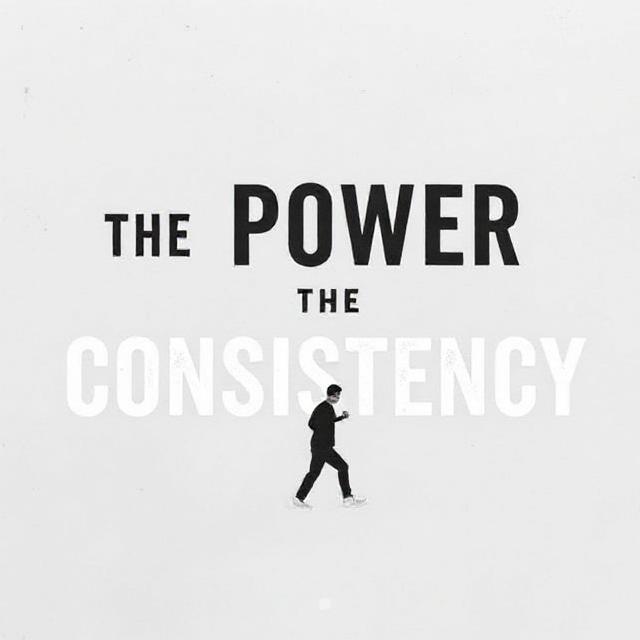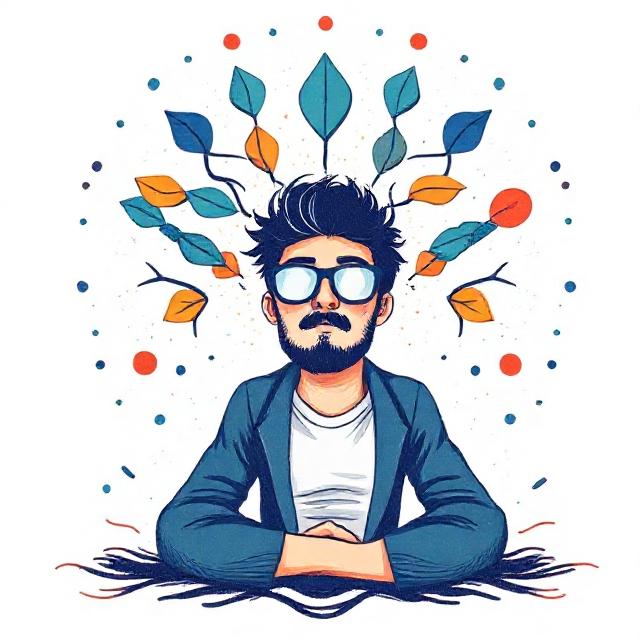
Self-awareness is the foundation of personal growth. It’s the ability to see yourself clearly — your thoughts, emotions, strengths, weaknesses, and behaviors — and understand how they shape your life. Without it, change becomes guesswork. With it, you can take control of your direction and make choices that align with your true values and goals.
Self-awareness is not just knowing who you are today; it’s understanding who you’re becoming. It’s the key that unlocks your potential, builds emotional intelligence, and improves your relationships, mindset, and confidence.
Let’s explore how self-awareness transforms your life and how to cultivate it every day.
1. What Is Self-Awareness and Why It Matters
Self-awareness means observing yourself honestly without judgment. It’s the skill of recognizing your emotions and thoughts in real time — and understanding why you think and feel the way you do.
It matters because:
- It helps you make better decisions.
- It improves your communication and relationships.
- It allows you to manage emotions effectively.
- It helps align your actions with your long-term goals.
When you understand yourself deeply, you stop living on autopilot and start creating a life that feels intentional and meaningful.
2. The Two Types of Self-Awareness
Psychologists divide self-awareness into two main types:
- Internal self-awareness — how well you understand your inner world: your beliefs, values, motivations, and emotions.
- External self-awareness — how clearly you understand how others perceive you.
Both are important. Internal awareness helps you live authentically, while external awareness helps you build better connections with others. Striking a balance between both creates emotional maturity and empathy.
3. Self-Awareness Is the Foundation of Growth
You can’t improve what you don’t understand. That’s why all personal development begins with self-awareness.
If you’re unaware of your habits, triggers, and patterns, you’ll repeat the same mistakes — even with the best intentions.
For example:
- You can’t improve your confidence if you don’t know what makes you feel insecure.
- You can’t manage stress if you don’t recognize what causes it.
- You can’t change your habits if you don’t realize what drives them.
Awareness gives you the power to change your reactions instead of being controlled by them.
4. How Self-Awareness Builds Emotional Intelligence
Emotional intelligence (EQ) starts with self-awareness. When you can identify your emotions as they arise — anger, fear, sadness, joy — you can manage them wisely instead of reacting impulsively.
People with high self-awareness:
- Communicate calmly under pressure.
- Handle criticism with maturity.
- Empathize with others easily.
- Make thoughtful, confident decisions.
Developing EQ through self-awareness helps you lead better, love deeper, and live more peacefully.
5. Techniques to Develop Self-Awareness
Here are practical ways to strengthen your self-awareness every day:
a. Practice Mindfulness
Spend a few minutes each day observing your thoughts without judgment. Ask yourself, “What am I feeling right now, and why?”
Mindfulness teaches you to stay present and notice your emotional responses before they control you.
b. Keep a Reflective Journal
Write about your experiences, challenges, and wins. Journaling helps you process emotions, identify patterns, and discover what truly matters to you.
c. Seek Feedback
Ask trusted friends or mentors how they perceive you. Sometimes, others can see blind spots we miss. Accept their feedback as an opportunity to grow.
d. Observe Triggers
Notice situations that make you stressed, angry, or anxious. Write them down and reflect on what they reveal about your deeper needs or fears.
e. Take Personality or Strengths Tests
Tools like the MBTI, Enneagram, or StrengthsFinder can give you insight into your natural preferences and behaviors.
6. The Role of Reflection in Building Awareness
Reflection turns experience into insight. Without reflection, you might go through the same mistakes again and again.
Each day, take a few minutes to ask yourself:
- What went well today?
- What challenged me?
- What did I learn about myself?
These small reflections compound over time and lead to massive self-understanding.
7. How Self-Awareness Improves Decision-Making
When you know your priorities and triggers, you make choices aligned with your purpose. You stop saying “yes” to everything and start saying “yes” only to what truly matters.
Self-awareness helps you:
- Set healthy boundaries.
- Say no without guilt.
- Make confident, values-based decisions.
- Avoid people or situations that drain your energy.
Clarity reduces confusion — and that’s what makes your life more peaceful.
8. Overcoming Ego and Blind Spots
Sometimes, self-awareness is uncomfortable. It forces you to face your flaws and admit mistakes. But that’s where real growth begins.
The ego resists self-awareness because it wants to protect your self-image. However, when you become open to learning, you stop fearing mistakes and start viewing them as lessons.
Remember: being self-aware doesn’t mean being self-critical. It’s about seeing yourself truthfully and compassionately at the same time.
9. The Connection Between Self-Awareness and Confidence
Confidence isn’t pretending to be perfect — it’s knowing yourself so well that you’re comfortable being imperfect.
When you understand your strengths, you use them more effectively. When you accept your weaknesses, you stop comparing yourself to others.
That’s why self-aware people appear naturally confident — they’re not trying to be someone else. They’re simply being themselves with authenticity and purpose.
10. Using Self-Awareness to Strengthen Relationships
Self-awareness helps you understand not only yourself but also how your behavior affects others. It improves communication and prevents unnecessary conflict.
When you know your emotional triggers, you become less reactive and more empathetic. You start listening with understanding instead of defending your ego.
Strong relationships are built by people who understand themselves first.
11. Make Self-Awareness a Daily Habit
Like any skill, self-awareness improves with consistent practice. Here’s how to make it part of your routine:
- Spend 10 minutes a day reflecting on your actions and feelings.
- Meditate or take quiet walks to connect with your thoughts.
- Review your goals weekly and evaluate your progress.
- Be honest, but also kind, with yourself.
Consistency turns awareness into transformation.
12. The Long-Term Benefits of Self-Awareness
Developing self-awareness brings countless rewards:
- Clarity: You know what you want and what truly matters.
- Peace: You handle stress and emotions calmly.
- Direction: You make better career and life choices.
- Confidence: You accept yourself fully and grow authentically.
Self-awareness is not a one-time achievement — it’s a lifelong journey that keeps deepening as you evolve.
Conclusion
Personal development starts with self-awareness. It’s the mirror that shows you where you are and the map that guides you to where you want to be.
When you understand yourself deeply, you stop living by default and start living with purpose. You become more intentional, balanced, and emotionally strong.
So take time every day to listen to yourself — your thoughts, emotions, and instincts. That simple act of awareness can change the entire direction of your life.
Read More About: How to Overcome Fear and Build Confidence



